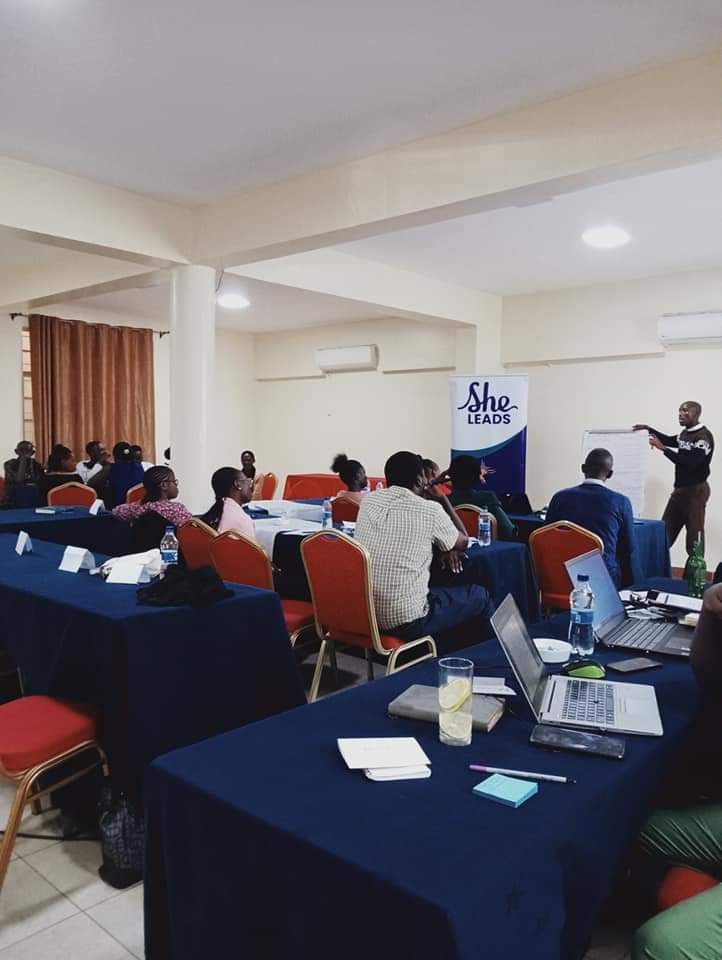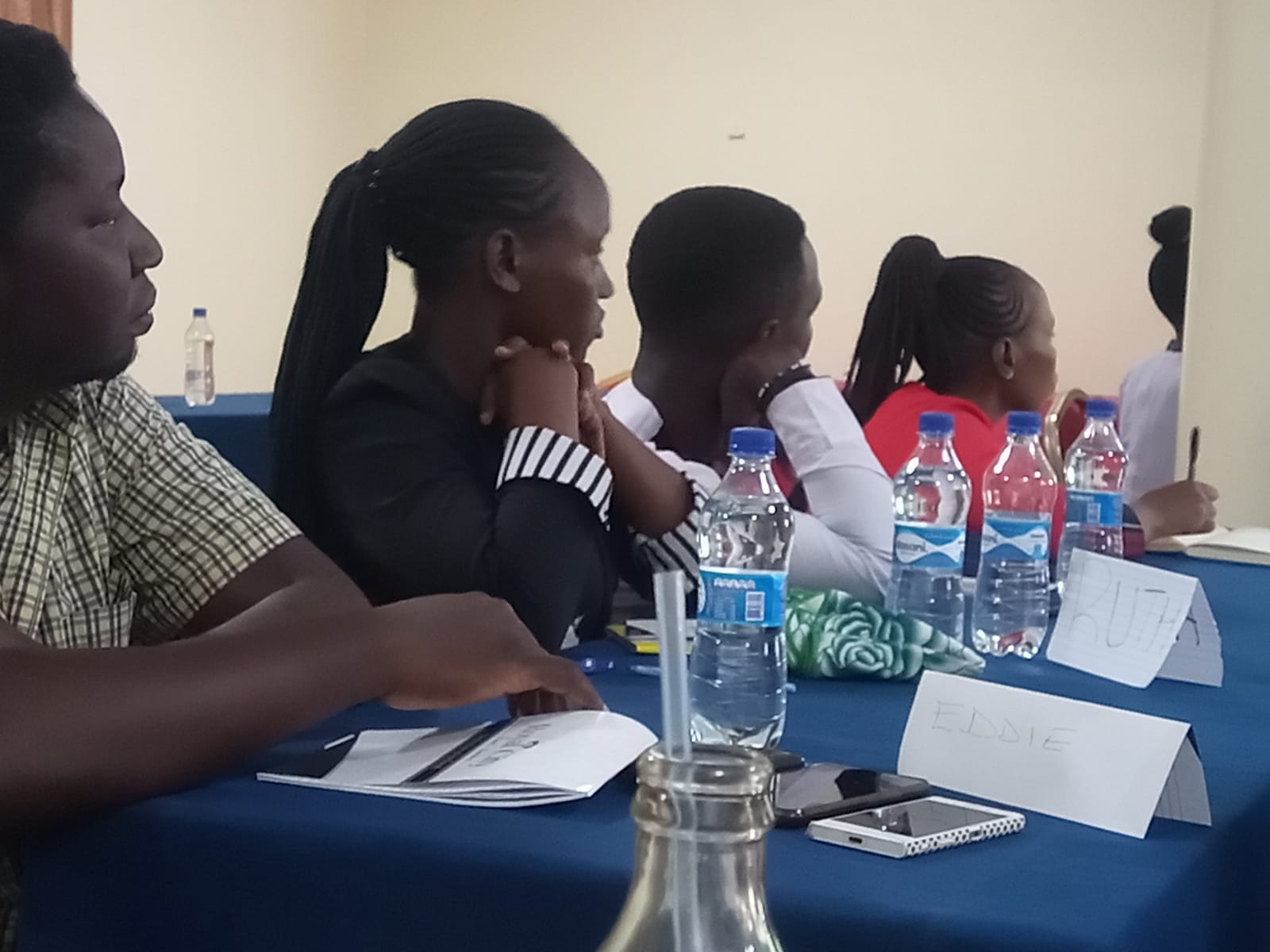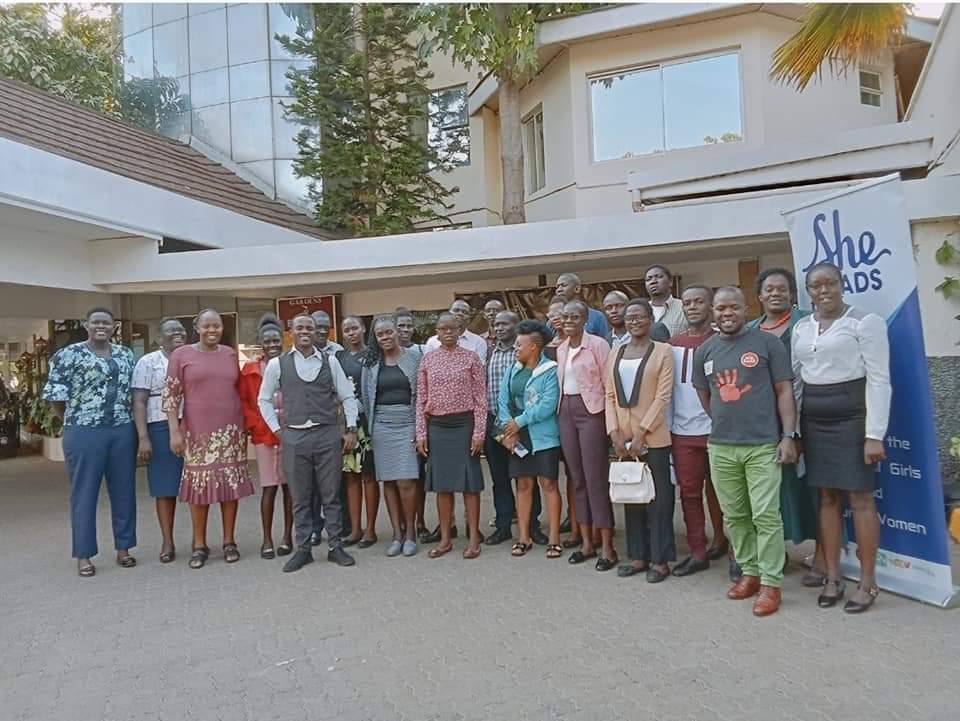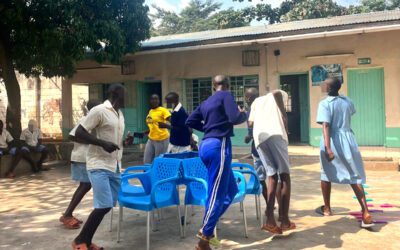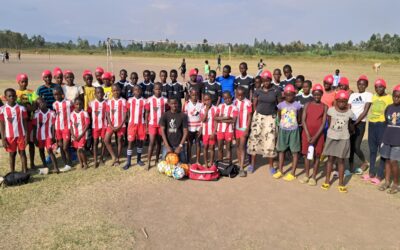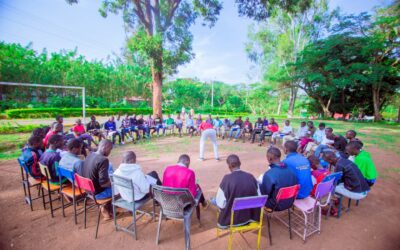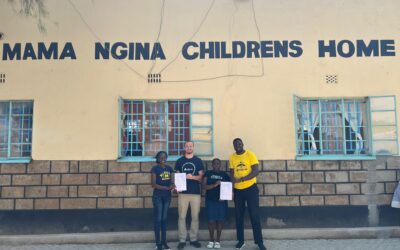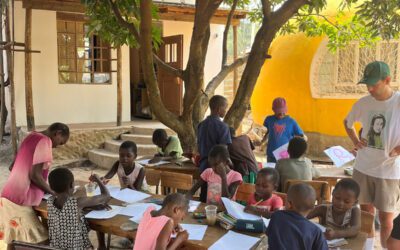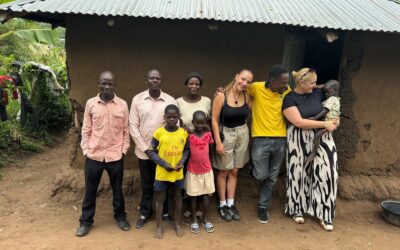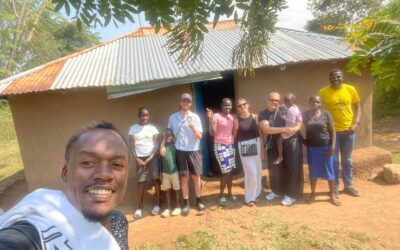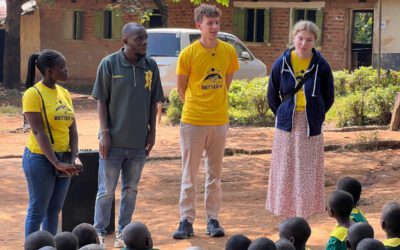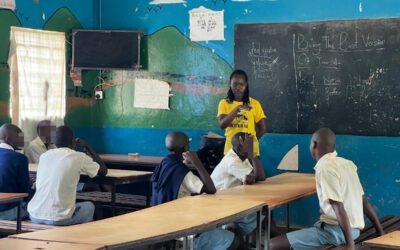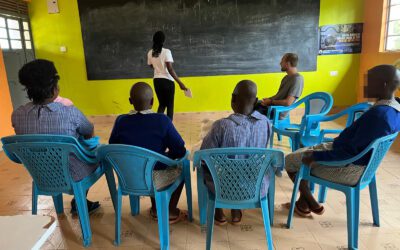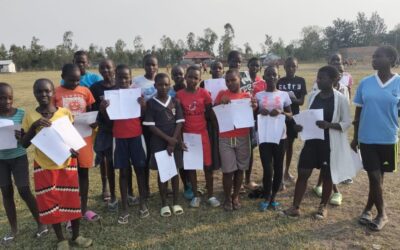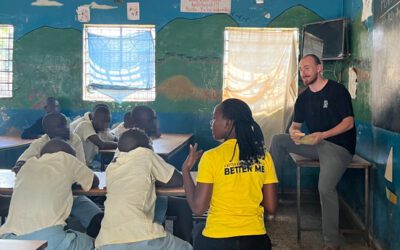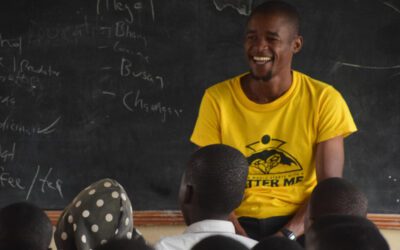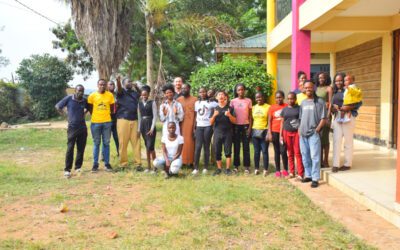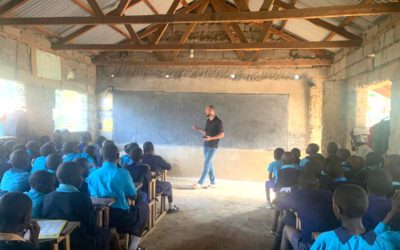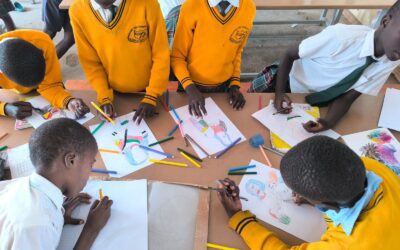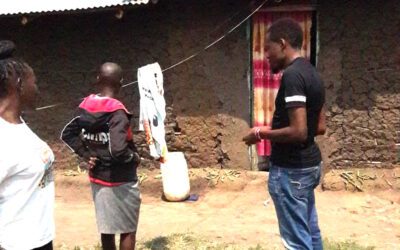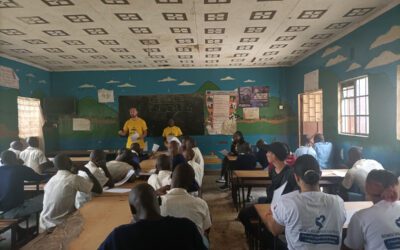Activity Report
Location: Kisumu
Activity Date: 18.06.2024
Start Time: 8:00 AM End Time: 5:00 PM
Facilitators: Ruth Obilo & Edward Turdo
Number of Participants: 30
Male: 14 Female: 16
Activity Purpose/ Summary:
We recently attended a comprehensive training session on Online Child Sexual Exploitation and Abuse (OCSEA), organized by the Kisumu West Children’s Office in collaboration with Pamoja Community-Based Organization. The session saw the participation of representatives from 20 different organizations based in Kisumu West, reflecting the community’s commitment to addressing this critical issue. The training covered several key areas: the various forms of OCSEA, factors that make children more vulnerable to such exploitation, common online platforms where children encounter OCSEA, and the signs and symptoms that may indicate a child is experiencing OCSEA. Additionally, the training delved into the effects of OCSEA on children, the roles of different stakeholders in preventing sexual exploitation, OCSEA reporting mechanisms, the supports available to OCSEA victims, and effective case management practices.
Personnel Input:
The training session comprehensively addressed several critical aspects of OCSEA. It began with an exploration of the various forms of online exploitation and abuse that children might encounter, including grooming, sextortion, and the distribution of child sexual abuse material. By understanding these forms, participants could better identify and respond to different types of online exploitation.
A significant portion of the training was dedicated to examining the factors that make children more vulnerable to OCSEA, such as socioeconomic conditions, lack of awareness, limited parental supervision, and the increasing accessibility of the internet and digital devices. Understanding these vulnerability factors is crucial for developing targeted prevention strategies.
The training also highlighted the common platforms where children experience OCSEA, ranging from popular social media sites and online gaming environments to less obvious channels like educational websites and forums. Recognizing these platforms helps stakeholders to monitor and intervene more effectively.
Another vital area covered was the signs and symptoms of OCSEA in children, including behavioral changes, emotional distress, and physical signs that may indicate a child is experiencing online abuse. By equipping participants with the ability to recognize these signs, the training aimed to facilitate early detection and timely intervention.
The effects of OCSEA on children were thoroughly discussed, emphasizing the profound and often long-lasting impact on a child’s mental, emotional, and physical well-being. Participants learned about the psychological trauma, issues with trust and relationships, and the potential for long-term mental health problems that can arise from such experiences.
Stakeholders involved in the prevention of OCSEA and their respective roles were also a key focus. The training outlined the responsibilities of various entities, including law enforcement, educators, healthcare providers, community leaders, and non-governmental organizations, aiming to foster a collaborative approach to tackling OCSEA.
Furthermore, the training detailed the existing reporting mechanisms for OCSEA, including how to report suspected cases, the legal processes involved, and the support structures in place for both the reporters and the victims. Effective reporting mechanisms are vital for ensuring that cases of OCSEA are addressed promptly and appropriately.
Finally, the supports offered to OCSEA victims and the best practices for case management were discussed, encompassing psychological support, legal assistance, and rehabilitation services to help victims recover and reintegrate into society. Case management practices were highlighted to ensure that victims receive comprehensive and continuous support throughout their recovery journey.
Achievements:
One of the primary achievements of the training was the enhanced understanding and awareness among participants about the multifaceted nature of OCSEA. Attendees gained insights into the various forms of online exploitation and abuse, enabling them to identify and respond to such incidents more effectively. The session also fostered stronger collaboration and communication among the 20 organizations, creating a network of professionals dedicated to combating OCSEA. Additionally, participants were equipped with practical skills for identifying signs and symptoms of OCSEA, which will be instrumental in early detection and intervention.
Unanticipated Achievements:
An unexpected but significant achievement of the training was realizing the diverse range of platforms where children are at risk of encountering OCSEA, beyond the commonly known social media sites. This broader understanding will help organizations tailor their preventive measures more effectively. Additionally, the training highlighted the resilience and resourcefulness of local community organizations, which are crucial assets in the fight against OCSEA. The session also revealed the need for more robust and user-friendly reporting mechanisms, prompting some organizations to start working on innovative solutions.
Supporting Partners:
Kisumu West Children’s Office, Pamoja Community Based Organization
